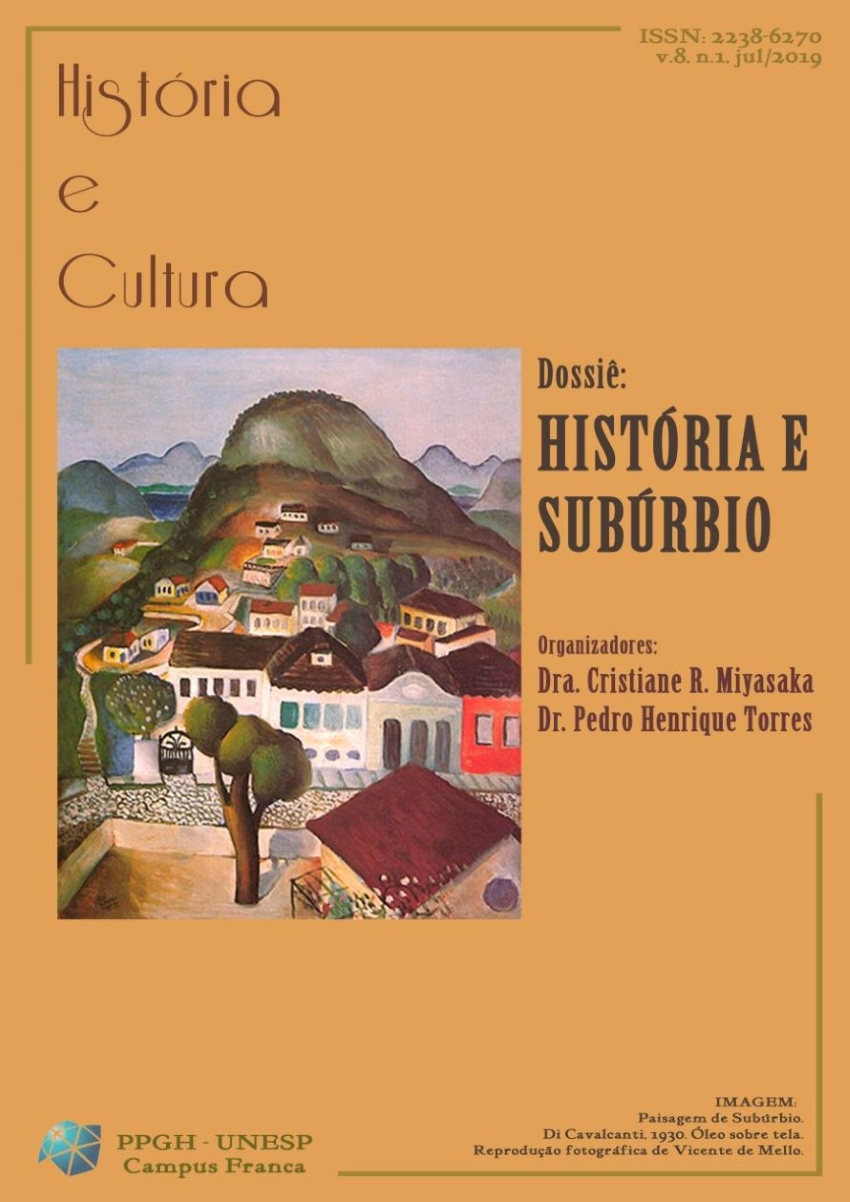A VIOLAÇÃO DO DIREITO INDÍGENA À TERRA E SUAS PRINCIPAIS IMPLICAÇÕES HISTÓRICAS, JURÍDICAS E SOCIAIS * THE VIOLATION OF INDIGENOUS RIGHT TO LAND AND ITS PRINCIPALS HISTORICAL, JURIDICAL AND SOCIAL IMPLICATIONS
DOI:
https://doi.org/10.18223/hiscult.v8i1.2889Resumo
O presente estudo é fruto de reflexões suscitadas a partir da tensão social entre indígenas e proprietários rurais, originada pelas últimas demarcações de terras indígenas no Brasil e devido a um contexto histórico-jurídico que vem passando por significativas transformações no que tange a sua aplicabilidade. As presentes considerações são um chamado à discussão sobre alguns fatos históricos de violação dos direitos indígenas às suas terras de origem, através de uma visão histórica, social e jurídica que cercam o presente tema. Por conseguinte, o presente estudo, com um viés crítico, ressalta as nuances do processo (re) interpretativo da Constituição Federal de 1988 acerca do direito indígena as suas terras de origem. Toda a conjuntura histórica das políticas indigenistas brasileiras, propostas e efetivadas ao longo de séculos, revela o descompasso entre previsão legal e as práticas governamentais e o descaso com o qual a garantia do direito vem sendo abordada. Neste contexto, muitos são os desafios na execução de direitos, considerando o atual cenário, por um lado reflexo de conformações e deficiências de discernimento e, por outro, fomentador de usos contra hegemônicos do direito, em defesa da emancipação social. Desse modo, pretende-se analisar a atual estratégia de (re)interpretação do texto constitucional por meio de estudos de casos e jurisprudências emblemáticas que envolvem o tema, visando assim demonstrar a fragmentação dos direitos indígenas pela adoção de medidas omissas por parte do poder judiciário.
*
The present essay is the result of reflections based on the social tension between indigenous and rural landowners, originated by the last demarcations of indigenous lands in Brazil and due to a historical-legal context that has undergone significant changes in its applicability. The considerations set out in this article are a call for discussion on some historical facts about the violation of indigenous rights to their lands of origin, through a historical, social and juridical view that surrounds the present theme. Therefore, the critical and theoretical discussion of this work highlights the nuances of the (re) interpretative process of the 1988 Federal Constitution regarding indigenous rights to their lands of origin. All the historical conjuncture of Brazilian indigenist policies proposed and enforced over the centuries reveals the mismatch between legal prediction and government practices, as well as the disregard for the guarantee of indigenous rights to land. In this context, there are many challenges in the implementation of rights, considering the current scenario, on the one hand reflecting conformations and deficiencies of discernment and, on the other, promoting counter-hegemonic uses of the law, in defense of social emancipation. In this way, the current strategy of (re)interpretation of the constitutional text was analyzed through case studies and emblematic jurisprudence that surround the theme, aiming to demonstrate the fragmentation of indigenous rights by the adoption of omission measures by the judiciary.

